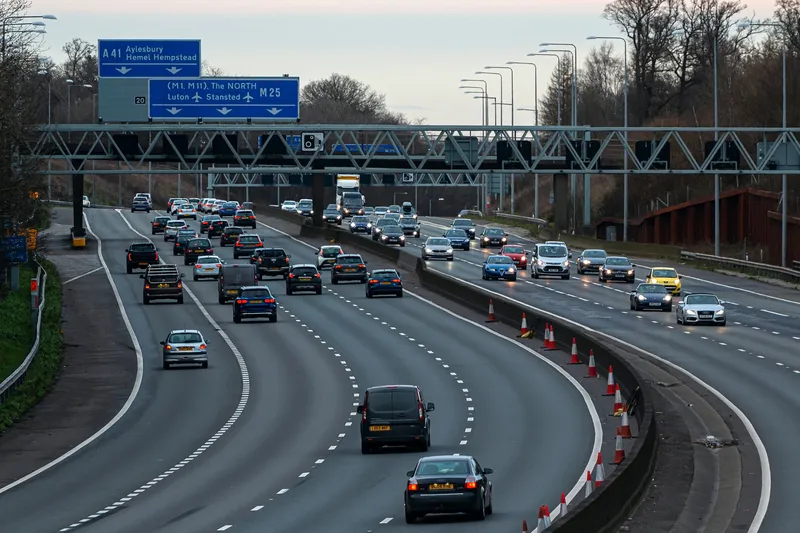Newly-published research carried out for the European Commission recommends that the EU should set a target to reduce the number of people seriously injured in road collisions.
The report, Study on Serious Road Traffic Injuries in the EU, claims that 135,000 people were seriously injured on European roads in 2014, according to figures published by the European Commission for the first time in April. While the number of deaths on European roads has fallen dramatically over the last decade, serious injuri
November 24, 2016
Read time: 2 mins
Newly-published research carried out for the European Commission recommends that the EU should set a target to reduce the number of people seriously injured in road collisions.
The report, Study on Serious Road Traffic Injuries in the EU, claims that 135,000 people were seriously injured on European roads in 2014, according to figures published by the European Commission for the first time in April. While the number of deaths on European roads has fallen dramatically over the last decade, serious injuries have declined at a much slower rate. Official targets to reduce road deaths have been in place since 2001, but there is no equivalent for serious injuries.
The new research examined real world collision data and investigation outcomes from across Europe in an attempt to boost understanding of the most common collision situations that result in serious injuries. The data reveal many of the key risk factors and victim profiles which could help member states identify the best measures to reduce such collisions.
According to the researchers, cyclists are most likely to be seriously injured when travelling in urban areas with 50 km/h speed limits – with more collisions occurring in summer months, and in the afternoon. Pedestrians, however, are more at risk in winter months, with the elderly and children the most likely victims.
Seriously injured motorcyclists and car occupants are most likely to be male and young – though middle aged motorcyclists are also heavily represented in the collision statistics.
Antonio Avenoso, executive director of the European Transport Safety Council said: “Serious injuries on our roads continue to have a devastating impact on millions of victims and their families. We know that EU targets, combined with the right measures have had a dramatic effect on reducing deaths. It’s essential that we now apply the same thinking to serious injuries. We have the data, and this new report highlights the situations and groups that would most benefit, so it’s time for the Commission to finally give the green light.”
The report, Study on Serious Road Traffic Injuries in the EU, claims that 135,000 people were seriously injured on European roads in 2014, according to figures published by the European Commission for the first time in April. While the number of deaths on European roads has fallen dramatically over the last decade, serious injuries have declined at a much slower rate. Official targets to reduce road deaths have been in place since 2001, but there is no equivalent for serious injuries.
The new research examined real world collision data and investigation outcomes from across Europe in an attempt to boost understanding of the most common collision situations that result in serious injuries. The data reveal many of the key risk factors and victim profiles which could help member states identify the best measures to reduce such collisions.
According to the researchers, cyclists are most likely to be seriously injured when travelling in urban areas with 50 km/h speed limits – with more collisions occurring in summer months, and in the afternoon. Pedestrians, however, are more at risk in winter months, with the elderly and children the most likely victims.
Seriously injured motorcyclists and car occupants are most likely to be male and young – though middle aged motorcyclists are also heavily represented in the collision statistics.
Antonio Avenoso, executive director of the European Transport Safety Council said: “Serious injuries on our roads continue to have a devastating impact on millions of victims and their families. We know that EU targets, combined with the right measures have had a dramatic effect on reducing deaths. It’s essential that we now apply the same thinking to serious injuries. We have the data, and this new report highlights the situations and groups that would most benefit, so it’s time for the Commission to finally give the green light.”








